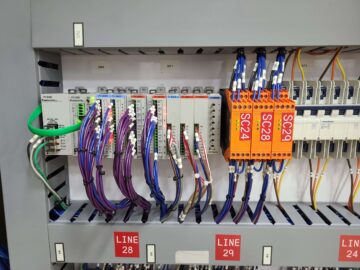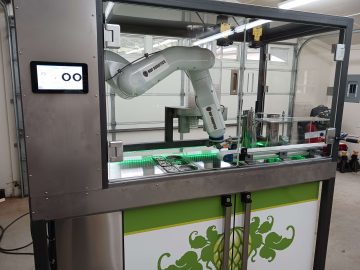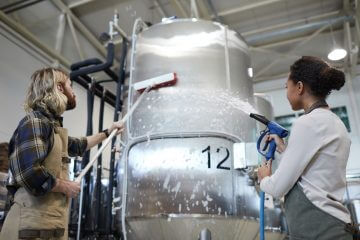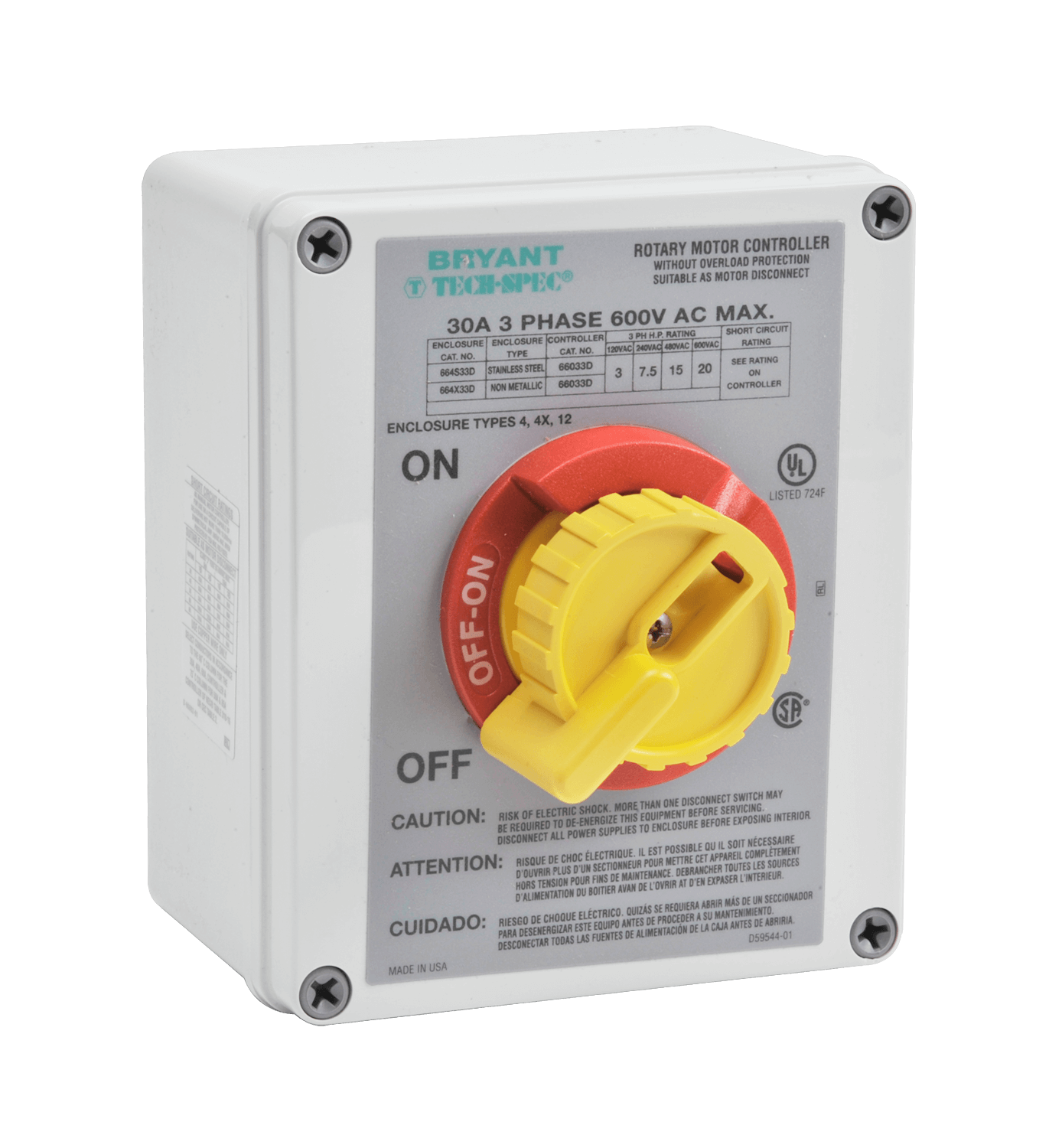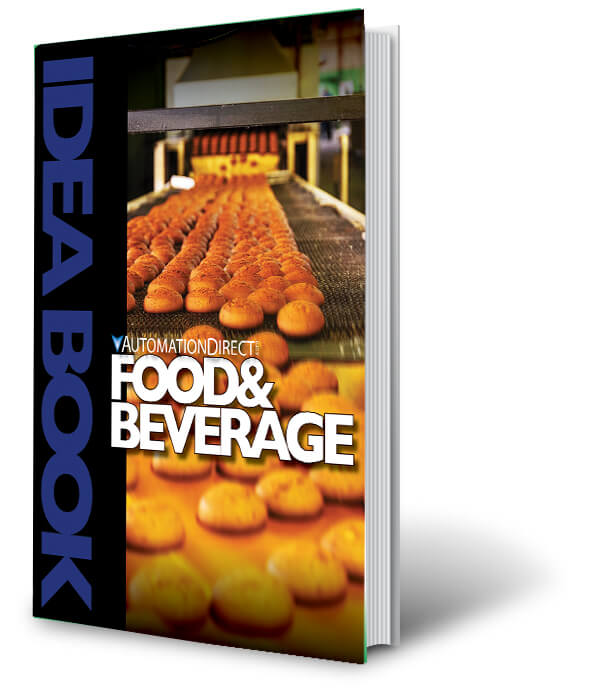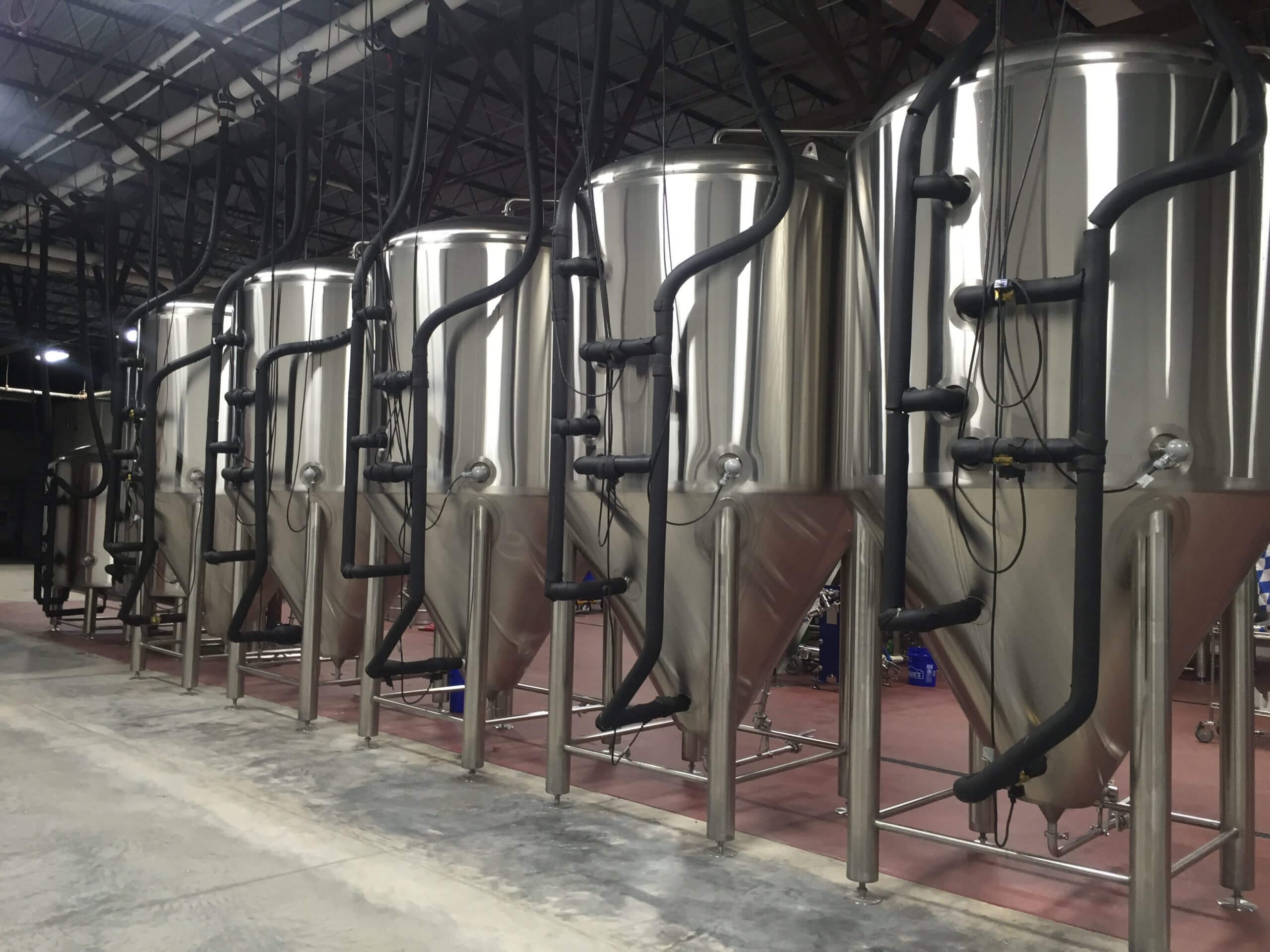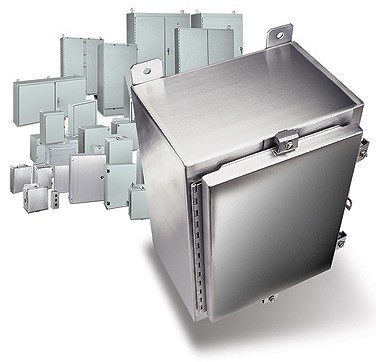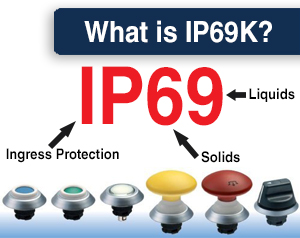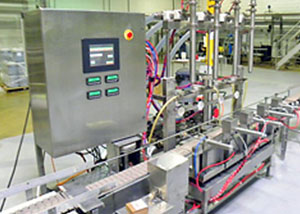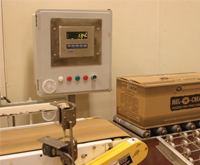ApplicationApplication StoriesFood and BeverageHMIIndustryIssue 51 2024Machine ControlOperator InterfacePLCProductProgrammable Control
In-House Automation Focuses on People, Plant, and Profit
A cheese manufacturer developed in-house automation capabilities to keep legacy equipment running and responsively adjust to production demands. Many companies rely on external firms for automation upgrades and changes, and this works well for countless applications. But Pacific Cheese Company faced a dual challenge of maintaining and improving manual and legacy systems, while at the…


